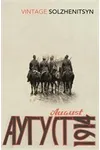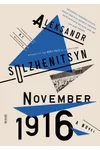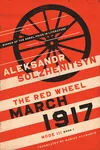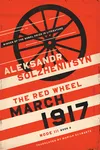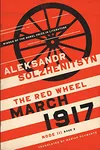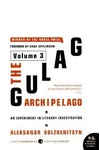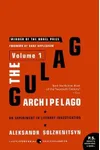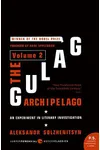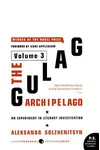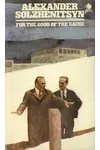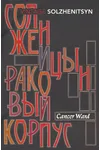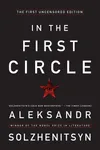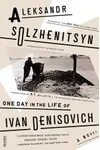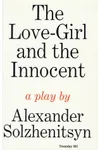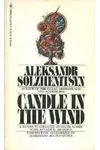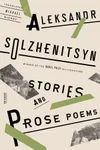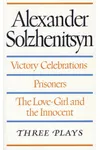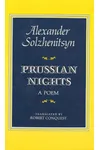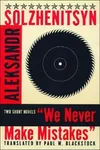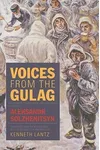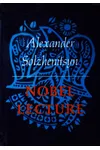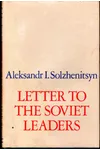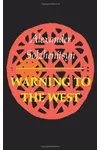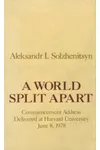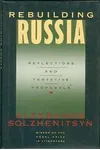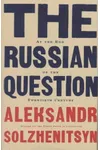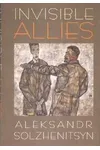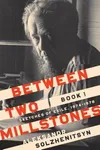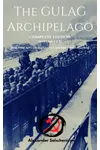Picture a Russian storyteller who turned his own suffering into a literary rebellion—meet Aleksandr Solzhenitsyn! Born in 1918, this Nobel Prize-winning author exposed the Soviet Union’s darkest secrets with works like The Gulag Archipelago. His courage made him a global symbol of resistance, blending raw truth with gripping narratives that still captivate readers today.
From surviving brutal labor camps to challenging a totalitarian regime, Solzhenitsyn’s life was as dramatic as his books. His writing, rooted in personal experience, shines a light on human resilience and the fight for freedom. Ready to dive into his world? Let’s explore the man behind the words.
The Making of Aleksandr Solzhenitsyn
Born in Kislovodsk, Russia, just after the 1917 Revolution, Solzhenitsyn grew up in a turbulent world. His father died before his birth, and his mother raised him amidst poverty and political upheaval. A math graduate and World War II artillery officer, he was arrested in 1945 for criticizing Stalin in private letters. Eight years in the Gulag labor camps followed, shaping his fierce resolve to expose injustice. After his release, he began writing, channeling his pain into stories that would shake the world.
Aleksandr Solzhenitsyn’s Unforgettable Stories
Solzhenitsyn’s works are raw, unflinching, and deeply human, blending historical analysis with personal testimony. His masterpiece, The Gulag Archipelago (1973), is a three-volume exposé of the Soviet labor camp system, weaving survivor accounts with his own experiences. Its vivid prose and moral weight made it a global sensation, smuggling truth past Soviet censors.
One Day in the Life of Ivan Denisovich (1962), his first published novel, follows a prisoner’s grueling day in the Gulag. Its stark realism stunned readers and briefly earned Soviet approval before his works were banned. Cancer Ward (1968) explores illness and oppression through a semi-autobiographical lens, while In the First Circle (1968) delves into moral dilemmas faced by imprisoned intellectuals. His style—direct, philosophical, and rich with Russian tradition—merges gritty detail with profound questions about freedom and humanity.
Writing in secret, often under surveillance, Solzhenitsyn smuggled manuscripts abroad. His defiance came at a cost: exile in 1974 after The Gulag Archipelago’s publication. Yet his words continued to inspire dissidents and readers worldwide.
Why Aleksandr Solzhenitsyn Matters
Solzhenitsyn’s impact transcends literature. His works fueled global awareness of Soviet oppression, influencing political discourse and human rights movements. Awarded the Nobel Prize in Literature in 1970, he used his platform to champion free speech and moral courage. After returning to Russia in 1994, he remained a vocal critic of both communism and Western materialism, leaving a legacy as a truth-teller who reshaped history.
His books remain vital, offering timeless lessons on resilience and the power of words. For readers, they’re a call to question authority and honor the human spirit. Solzhenitsyn’s life proves one voice can challenge an empire.
- Born: December 11, 1918, Kislovodsk, Russia
- Key Works: The Gulag Archipelago, One Day in the Life of Ivan Denisovich, Cancer Ward
- Awards: Nobel Prize in Literature (1970)
- Died: August 3, 2008, Moscow, Russia
Snag One Day in the Life of Ivan Denisovich and dive into Solzhenitsyn’s gripping world of truth and survival!
